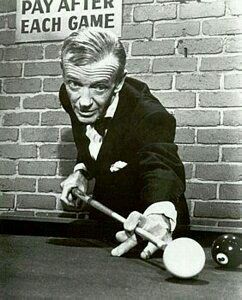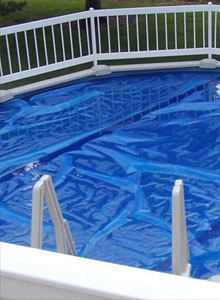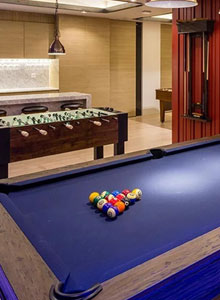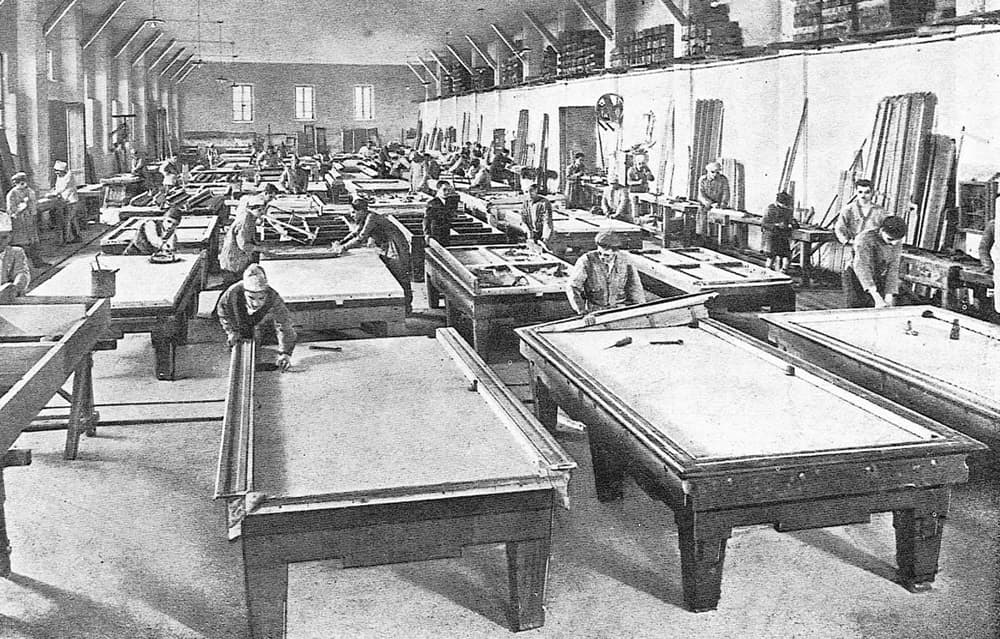Origins: Billiards is believed to have evolved from a lawn game similar to croquet in the 15th century in Europe. Initially, it was played outdoors on grass.
Transition to Indoor Play: By the 16th century, billiards had moved indoors, and wooden tables with green cloth surfaces were used. The game evolved with various rule sets.
Cue Development: The use of the cue stick was introduced in the late 17th century, revolutionizing gameplay. This allowed for greater control and precision in striking the balls.
Billiards’ Popularity: Billiards gained popularity among the European nobility and was considered a game of refinement and skill.

Evolution into Pool: In the United States in the 19th century, the game evolved into what is now known as “pool.” The term “pool” originally referred to a collective betting pot, as players would contribute to it.
Innovation and Standardization: The innovation of slate playing surfaces in the mid-19th century greatly improved the consistency of the game. This era also saw the standardization of pocket sizes and other rules.
Cue Sports and Tournaments: The late 19th and early 20th centuries saw the rise of various cue sports, including snooker and English billiards. The first world championship was held in 1870.
20th Century Popularity: Billiards and pool became highly popular in the United States during the 20th century, with the game making its way into bars and recreational spaces.
Customization and Variety: Today, there is a wide variety of pool table sizes, types, and styles, including bar pool, snooker, and carom tables. Customization in terms of design and materials is common.

Professional and Amateur Leagues: The 21st century has seen the continued growth of professional and amateur leagues, with international tournaments and competitions attracting top players.
Throughout its history, billiards and pool have evolved from a lawn game played by European nobility to a popular recreational activity enjoyed by people of all backgrounds. The game has seen significant technological advancements and rule standardization, and it continues to be a beloved pastime around the world.



















